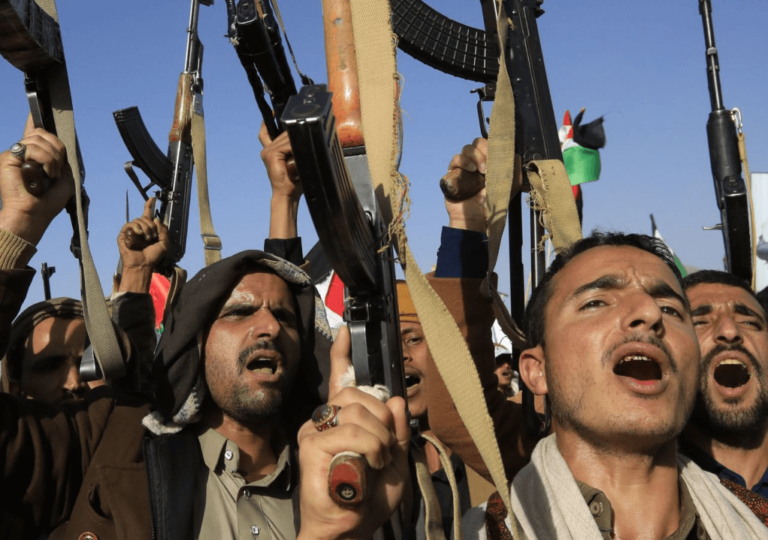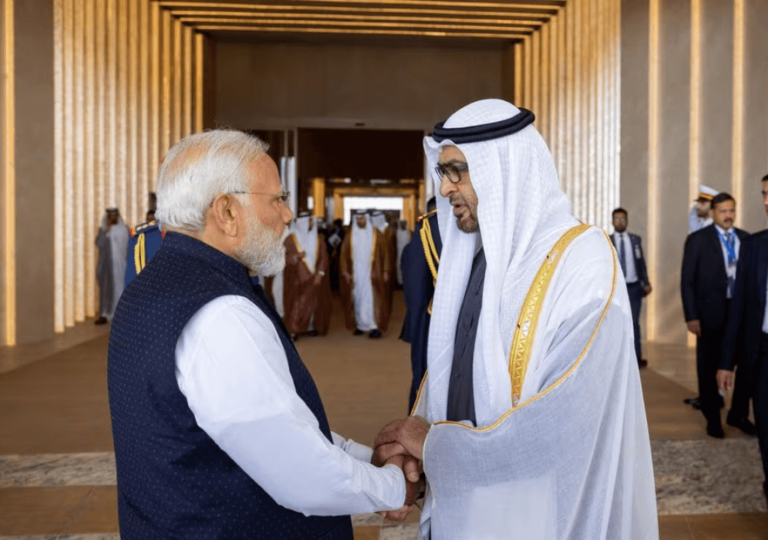Why Doesn’t the Islamic World Have a Superpower to Challenge Israel?

The Islamic world lacks a superpower to challenge Israel due to U.S. dominance and weakened regional leadership

The Islamic world lacks a superpower to challenge Israel due to U.S. dominance and weakened regional leadership

India and the UAE forge a pioneering trade corridor, bypassing Chinese influence, while enhancing regional connectivity and challenging geopolitical norms.